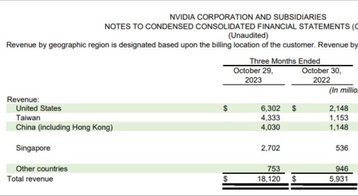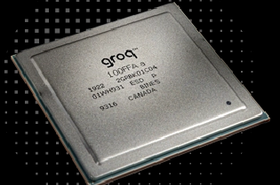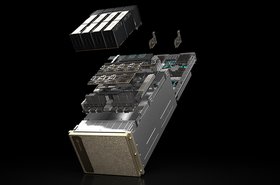Nvidia is shipping a surprising amount of its products to Singapore.
The GPU processor leader revealed in a Securities and Exchange Commission (SEC) filing this week that it got $2.7 billion, or 15 percent of its $18 billion revenue for the quarter from the tiny island state.
That puts Singapore ahead of every country except the US (35 percent), Taiwan (24 percent), and China including Hong Kong (22 percent), observed CNBC.
The comparison is even more stark if you consider the size of Singapore: per capita, Singapore spent $600 on Nvidia chips in the quarter, compared with only $60 in the US and about $3 per capita in China.
And it is growing fast. The quarterly volume of business shipped to Singapore this year is five times the volume of business from one year ago - and actually larger than the amount for any country in the world in that quarter last year.
Observers on online fora jumped to explain the figure, with many pointing out that the chips may go to Singapore to be built into other products that are shipped elsewhere in the APAC region.
"That's the billing location of the customer and not necessarily the point of consumption," said Srikanth Chandrashekhar on LinkedIn. responding to a post by former Temasek director Sang Shin.
Sang Shin had suggested the chips might be bound for data centers in Singapore, which seems a reasonable idea since the majority of Nvidia chips are headed for data centers, and Singapore has a large number of such facilities (around 70 according to some estimates).
However, the island's data centers are generally well-established and highly occupied. The power demands of Nvidia's processors would make it hard to fit large fleets of them into any existing data center without a major upgrade to power and cooling.
Singapore has recently lifted a three-year moratorium on new data center building, but only a small number of fresh projects have been given the go-ahead, and these are likely to be mostly for conventional cloud services. So far, Equinix, Microsoft, Airtrunk, and GDS are sharing 80MW allowed by the Singapore authorities.
One other suggestion cropped up, however. "This is more about Chinese companies setting up shell corps in Singapore (e.g., Tencent) to bypass US sanctions for chips," commented student Dev Goyal.







